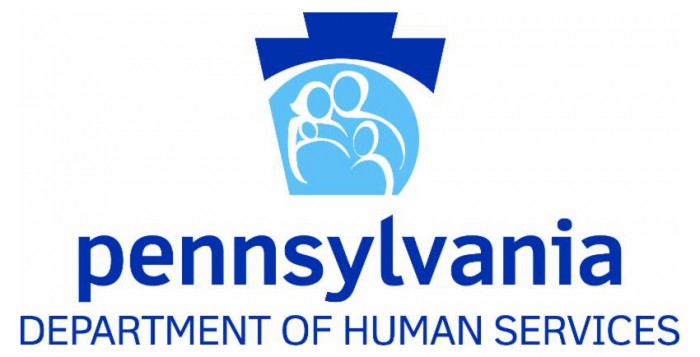On July 13, 2017, the Centers for Medicare and Medicaid Services (CMS) released two proposed payment rules, both of which include Requests for Information (RFI):
Hospital Outpatient Prospective Payment System (OPPS)
This proposed rule updates payment rates and policy changes in the Hospital Outpatient Prospective Payment System (OPPS) and Ambulatory Surgical Center (ASC) Payment System. The proposed rule is one of several for 2018 that reflect a broader strategy to relieve regulatory burdens for providers; support the patient-doctor relationship in health care; and promote transparency, flexibility, and innovation in the delivery of care. The OPPS and ASC payment system are updated annually to include changes to payment policies, payment rates, and quality provisions for those Medicare patients who receive care at hospital outpatient departments or receive care at surgical centers. Among the provisions in this rule, CMS is proposing to change the payment rate for certain Medicare Part B drugs purchased by hospitals through the 340B program. The proposed rule also includes a provision that would alleviate some of the burdens rural hospitals experience in recruiting physicians by placing a two-year moratorium on the direct supervision requirement currently in place at rural hospitals and critical access hospitals (CAHs). In addition, CMS is releasing within the proposed rule a Request for Information (RFI) to welcome continued feedback on positive solutions to better achieve transparency, flexibility, program simplification and innovation in the Medicare program. CMS is also soliciting ideas for regulatory, sub-regulatory, policy, practice, and procedural changes to better accomplish these goals. Ideas could include recommendations regarding payment system re-design; elimination or streamlining of reporting; monitoring and documentation requirements; operational flexibility; and feedback mechanisms and data sharing that would enhance patient care, support the doctor-patient relationship in care delivery, and facilitate patient-centered care within outpatient stays at hospitals and services performed at ambulatory surgical centers. Additional information available to members includes a fact sheet. The proposed rule will be published in the Federal Register on July 20, 2017. Comments on this proposed rule will be accepted until September 11, 2017.
Medicare Physician Fee Schedule (MPFS)
This proposed rule updates the Medicare payment, policies and quality provisions for physicians and other clinicians who treat Medicare patients in calendar year (CY) 2018. The proposed rule seeks public input via a request for information (RFI) on solutions to better achieve transparency, flexibility, program simplification, and innovation. CMS cites in the proposed rule its desire to start a national conversation about improving the health care delivery system; how Medicare can contribute to making the delivery system less bureaucratic and complex; and how we can reduce burden for clinicians, providers, and patients in a way that increases quality of care and decreases costs, thereby making the health care system more effective, simple, and accessible while maintaining program integrity and preventing fraud. CMS is soliciting ideas for regulatory, sub-regulatory, policy, practice, and procedural changes to better accomplish these goals. Ideas could include recommendations regarding payment system re-design; elimination or streamlining of reporting; monitoring and documentation requirements; operational flexibility; and feedback mechanisms and data sharing that would enhance patient care, support the doctor-patient relationship in care delivery, and facilitate patient-centered care. Ideas could also include recommendations regarding when and how CMS issues regulations and policies and how CMS can simplify rules and policies for beneficiaries, clinicians, providers, and suppliers. In responding to the RFI, CMS should be provided with clear and concise proposals that include data and specific examples. The proposed rule also includes provisions to better align incentives and provide clinicians with a smoother transition to a new Merit-based Incentive Payment System under the Quality Payment Program. It also encourages more fair competition between hospitals and physician practices by promoting greater payment alignment, and it would improve the payment for office-based behavioral health services that are often the therapy and counseling services used to treat opioid addiction and other substance use disorders. CMS is also proposing several modifications to the rules for accountable care organizations (ACOs) participating in the Medicare Shared Savings Program. In addition, the proposed rule makes additional proposals to implement the Center for Medicare and Medicaid Innovation’s (CMMI) Medicare Diabetes Prevention Program expanded model starting in 2018. CMS released a fact sheet to provide more detailed information. The proposed rule will be published in the Federal Register on July 21, 2017. Comments on this proposed rule will be accepted until September 11, 2017.
















